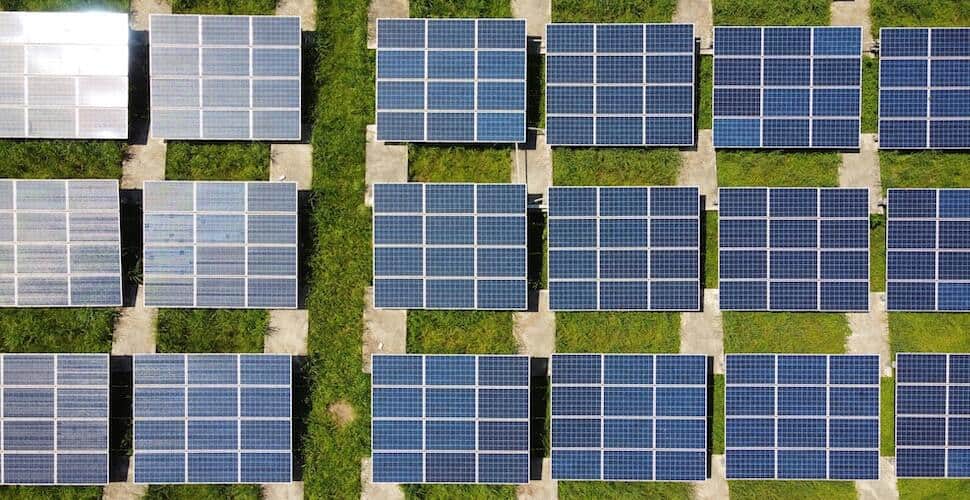The Independent reports on the ongoing impact on U.K. consumers of the 2021 research “In Broad Daylight: Uyghur Forced Labor and Global Solar Supply Chains”, led by Laura Murphy, professor of Human Rights and Contemporary Slavery at Sheffield Hallam’s University.
Increased awareness
Laura Murphy emphasizes that there has been a rapid increase in public and government awareness in the U.K. regarding the use of forced labor in the Uyghur Region. However, she argues that it’s possible that even more of the forced labor-tainted products are being sold in the E.U. and U.K. now that the U.S. has banned the import of all goods made in whole, or in part, in Xinjiang.
According to Professor Murphy:
“Consumers and governments should demand full supply chain transparency. We should be able to know where the goods we buy come from – from raw materials to finished products.”
For instance, a British solar panel wholesaler that manufactures in Spain said, “We’re increasing the number of orders because of this rejection of Chinese brands used by wholesalers in the UK”.
How companies try to hide forced labor in their supply chains
“In Broad Daylight” reveals the ways by which forced labor in the Uyghur Region can pervade an entire supply chain and reach deep into international markets. Professor Murphy states in the interview that some solar panel companies use Chinese products but hide them in an attempt to greenwash their origin.
The solar industry is particularly vulnerable to forced labor due to the following:
- 95% of solar modules rely on one primary material – solar-grade polysilicon.
- Polysilicon manufacturers – the key component of solar power panels – in the Uyghur Region provide approximately 45% of the world’s solar-grade polysilicon supply.
- All polysilicon manufacturers in the Uyghur Region have reported their participation in labor transfer programs and/or are supplied by raw materials companies that have.
An official Chinese government report published documents on the “placement” of 2.6 million minority citizens in jobs in farms and factories within the Uyghur Region and across the country through these state-sponsored “surplus labor” and “labor transfer” initiatives. However, there is significant evidence revealing that labor transfers are deployed in the Uyghur Region within an environment of unprecedented coercion, undergirded by the constant threat of re-education and internment.
Join the campaign calling on world leaders to commit to a transition to renewable energy whilst ensuring forced labor in mineral extraction and manufacturing is eradicated.





Freedom United is interested in hearing from our community and welcomes relevant, informed comments, advice, and insights that advance the conversation around our campaigns and advocacy. We value inclusivity and respect within our community. To be approved, your comments should be civil.